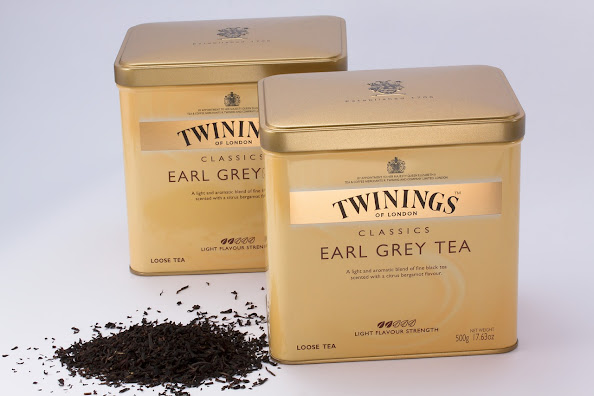One could think that English website owners would register their domain name ending in .WINE and those in French in .VIN. In a world where things would be black or white I would agree, but we live in a world where everything is grey so potential Registrants will probably register their domain name in the two extensions.
We use accents in French and for this reason, you won't see a French bottle of wine sold in an English speaking country where accents would be taken away from the sticker, in particular when the name of a wine Geographical Indication adds to promoting the Trademark on the bottle.
If accents are a strong added value when it comes to selling wine, we believe - for sure - that combination of signs including accents are part of that list of reserved names. An example for "Béarn": will the "Bearn" (with no accent) Geographical Indication be protected as well as "Béarn" with an accent? If bearn.wine and bearn.vin are reserved, what about béarn.wine and béarn.vin?
In this case, that is two names reserved in two fifferent extensions.
Spaces do not exist in domain names...
The same case figure applies to Geographical Indications using multiple keywords. What about protecting "Bienvenues-Bâtard-Montrachet" and "Banyuls grand cru"? You noticed that hyphens and spaces were added to the problem and if "Bienvenues-Bâtard-Montrachet.wine" is offered to be reserved in the .Wine and .Vin extensions, what about:
- BienvenuesBâtard-Montrachet.wine;
- BienvenuesBâtardMontrachet.wine;
- BienvenuesBatardMontrachet.wine;
- Bienvenues-BâtardMontrachet.wine;
- BienvenuesBatard-Montrachet.wine;
- ...
- Banyulsgrandcru.wine;
- Banyuls-grandcru.wine;
- Banyulsgrand-cru.wine;
- Banyuls-grand-cru.wine;
- The same name in the .VIN Top-Level Domain.
For this last example, this means reserving eight names for two extensions: eight domain names for one single wine Geographical Indication...
What about plurals?
One Wine Geographical Indication wouldn't want to see reserved all of these combinations and take the risk to have someone register a "BienvenueBâtard-Montrachet.wine", getting rid of the "s" in "Bienvenues") or adding one to a "Banyulsgrandcrus.wine" when it does not take any.
If these examples look like paranoia...they remain real ones: plural is a factor to consider in the protection of Wine Geographical Indications and if it wasn't, why then champagnes.fr (with an "s") is redirected to champagne.fr (with no "s")?
What about a GI using accents, spaces, hyphens and an apostrophy in the same name?
I will let readers play with the "Chambertin-Clos de Bèze", "Côtes de Bordeaux-Saint-Macaire" and "Duché d’Uzès" examples.
:-)
The Trademark Clearinghouse (TMCH)
The TMCH could be an alternative to these coming problems. For any Brand interested in .WINE and .VIN Sunrise Periods, I would suggest to register: "abused labels in which the trademark is simply included could be submitted to the Clearinghouse as long as they meet all the eligibility requirements".
Is everyone satisfied?
The more domains will be reserved, the more it will probably cost to use them since they will require to be "unlocked" (taken out of the reserved list of names to be registered). If we agree that protection has a cost, it is possible that I am wrong and that such mechanism to register these domain names is a smooth and cheap process.
In this case I believe both parties are satisfied: wine Geographical Indications are protected from bad behaviors and .WINE and .VIN Registries have an existing list of domain name already promoted with potential buyers coming.
But...where is that list?
The Trademark Clearinghouse (TMCH)
The TMCH could be an alternative to these coming problems. For any Brand interested in .WINE and .VIN Sunrise Periods, I would suggest to register: "abused labels in which the trademark is simply included could be submitted to the Clearinghouse as long as they meet all the eligibility requirements".
Is everyone satisfied?
The more domains will be reserved, the more it will probably cost to use them since they will require to be "unlocked" (taken out of the reserved list of names to be registered). If we agree that protection has a cost, it is possible that I am wrong and that such mechanism to register these domain names is a smooth and cheap process.
In this case I believe both parties are satisfied: wine Geographical Indications are protected from bad behaviors and .WINE and .VIN Registries have an existing list of domain name already promoted with potential buyers coming.
But...where is that list?







